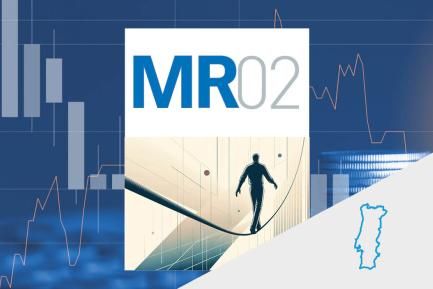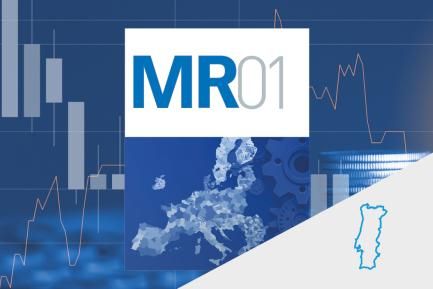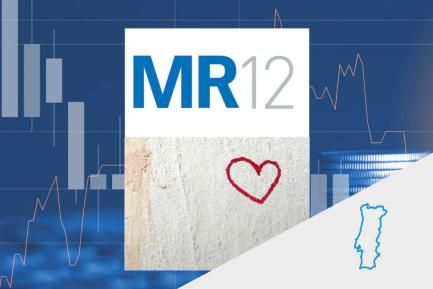Portugal: economic activity remains strong in Q2
The available information for Q2 suggests a more positive performance than anticipated for the Portuguese economy. In this context, we believe there is room for a slight improvement in our growth projections.
The available information for Q2 suggests a more positive performance than previously anticipated
The available information for Q2 suggests a more positive performance than previously anticipated, thanks to consumption and tourism. Private consumption indicators (retail sales, car sales and card payments) showed significant strength in May, supported by a resilient labour market. Additionally, tourism-related indicators continue to show significant buoyancy, with the number of tourists and flights well above 2019 levels. All this is reflected in the economic sentiment indicator, which improved in June among consumers and in the construction and services sectors. These trends are expected to remain active in the second half of the year, and they could be joined by the boost to investment provided by European funds. In this context, we believe there is room for a slight improvement in our growth projections.
Inflation, below 4% in June
The CPI flash indicator places June inflation below 4% (3.4%), a level not seen since January 2022. Core inflation also fell, reaching 5.2%, albeit more moderately (5.4% in May). Base effects in energy (which will remain strong in July) and the year-on-year fall in production prices are supporting the downward trend.
The Portuguese economy registered net lending in Q1 2023
In cumulative terms for the trailing 12 months to March it stood at 0.4% of GDP, in contrast with the –0.6% registered in 2022, as a result of the improvement in general government and companies. In the case of households, net lending continued to decline, reaching 0.4% of GDP. This mainly reflected the reduction in savings, now at 5.9% of disposable income, which is a level comparable with those observed in 2008.
The public sector performed very well in Q1 and recorded the first surplus in a first quarter in at least 24 years
The surplus of 1.2% of GDP reflects the strength of the labour market and the buoyancy of economic activity. In fact, the year-on-year increase in tax revenues and social security contributions outweighed the increase in consumption and public investment. In cumulative 12-month terms, the surplus of 0.1% of GDP contrasts with the deficit of 0.4% at the end of 2022.
Home prices kick off 2023 on the rise
In Q1 2023, the home price index (HPI) grew by 1.3% on a quarterly basis. This represents a higher rate than the previous quarter (1.1%) and is 8.7% year-on-year, despite the number of sales falling by more than 20%. Other indicators referring to Q2 of the year indicate that the real estate market remains resilient despite the rise in interest rates. In this regard, in May, the average appraisal value per square metre amounted to 1,510 euros, 19 euros more than in April.






